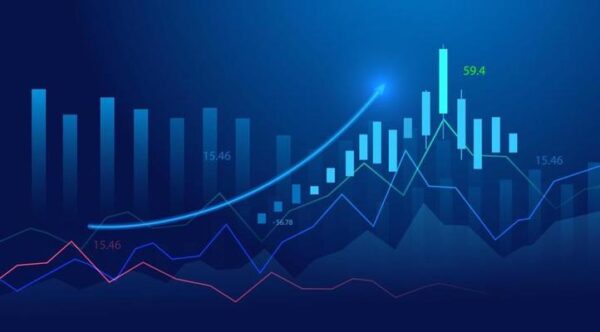Deciphering the Dynamics of Equity Markets
The equity market, commonly known as the stock market, serves as the central hub of global financial ecosystems. It provides a crucial platform for trading shares of publicly listed companies, enabling businesses to secure funding while offering investors opportunities to build wealth. Understanding its intricate dynamics is essential for anyone interested in stock trading or navigating the world of finance.
The Basics of the Equity Market:
At its core, the equity market is a marketplace for buying and selling ownership stakes in companies. These ownership stakes are called shares or stocks. The equity market is generally divided into two primary categories:
- Primary Market: Companies issue new shares to raise funds through Initial Public Offerings (IPOs).
- Secondary Market: Shares are traded among investors after being initially issued, typically on platforms like the New York Stock Exchange (NYSE) or Nasdaq.
Investors actively monitor stock market news to stay informed about trends, financial reports, and economic policies that influence market behavior.
Key Dynamics of Stock Trading:
Stock trading involves buying and selling shares with the aim of earning profits. Here are some factors that influence the equity market:
- Supply and Demand: Share prices fluctuate based on how many investors want to buy or sell a stock.
- Economic Indicators: Interest rates, inflation, and GDP growth significantly impact the market.
- Corporate Performance: Quarterly earnings reports, mergers, and product launches can move stock prices.
- Global Events: Geopolitical tensions, pandemics, or technological advancements often affect stock market futures.

Stock Market Futures: A Glimpse into Tomorrow’s Market
Stock market futures are contracts where traders agree to buy or sell a stock at a predetermined price on a future date. These instruments are powerful tools for investors to hedge risks or speculate on market movements. By analyzing futures, traders can gain insights into the anticipated direction of the equity market.
Finding the Best Stocks to Buy Today:
For investors, identifying the best stocks to buy today is a continuous challenge. Successful stock selection involves:
- Research: Analyzing a company’s fundamentals, including revenue, debt, and market position.
- Technical Analysis: Using charts and trends to predict future stock movements.
- Diversification: Investing across various sectors to mitigate risk.
Stock trading strategies must align with individual goals, whether it’s long-term growth or short-term profits.
The Role of Stock Market News:
Staying updated with stock market news is crucial for making informed decisions. Reliable news sources provide:
- Updates on market indices like the S&P 500 or Dow Jones.
- Insights into government policies and economic changes.
- Analyst opinions on stock performance.
News alerts can help traders anticipate shifts in the equity market and adjust their strategies accordingly.
FAQs about Equity Markets:
Q: What is the equity market?
A: The equity market is a platform where shares of publicly listed companies are bought and sold, allowing investors to own a portion of these businesses.
Q: How do stock market futures work?
A: Stock market futures are contracts that lock in a stock’s price for a future date. They help traders hedge risks and predict market trends.
Q: Why is stock market news important?
A: Stock market news provides real-time updates on market trends, corporate performance, and economic changes, helping investors make informed decisions.
Q: What are the best stocks to buy today?
A: The best stocks vary daily based on market conditions. Researching company fundamentals and market trends is key to finding good investments.
Q: Is stock trading risky?
A: Yes, stock trading carries risks, but understanding the market dynamics and diversifying investments can help mitigate them.
Conclusion:
Deciphering the dynamics of the equity market is crucial for any aspiring investor. By understanding stock trading, monitoring stock market news, and leveraging tools like stock market futures, traders can navigate the complexities of this financial arena. Staying informed and making strategic decisions are the cornerstones of success in the equity market.





